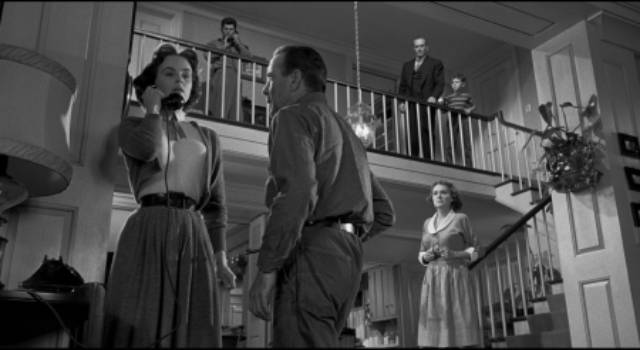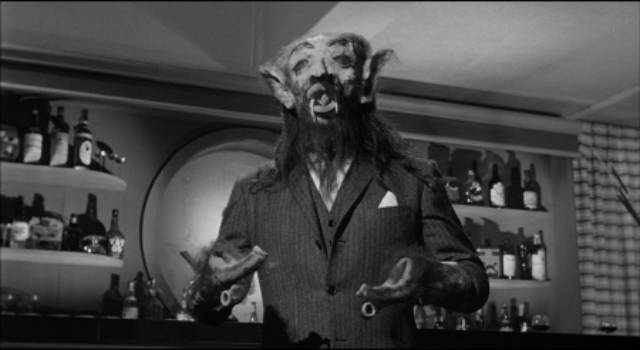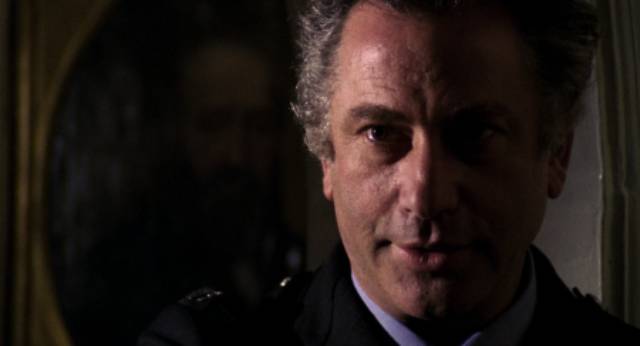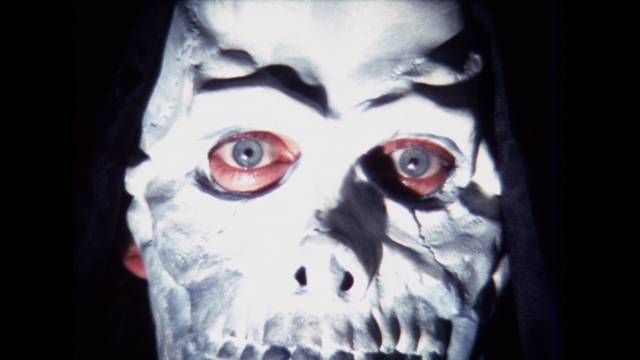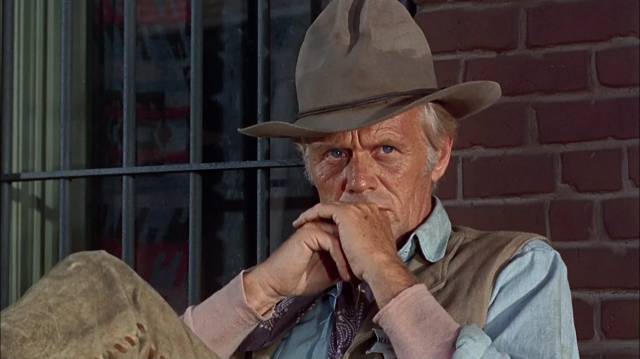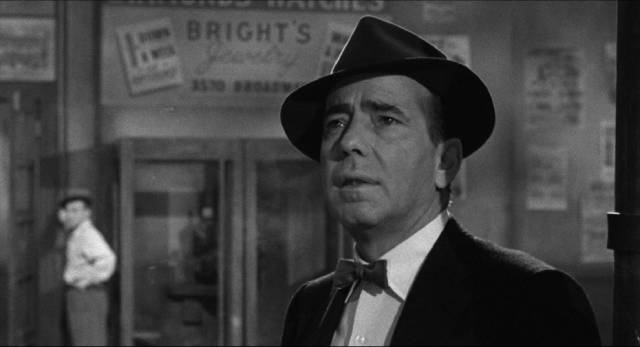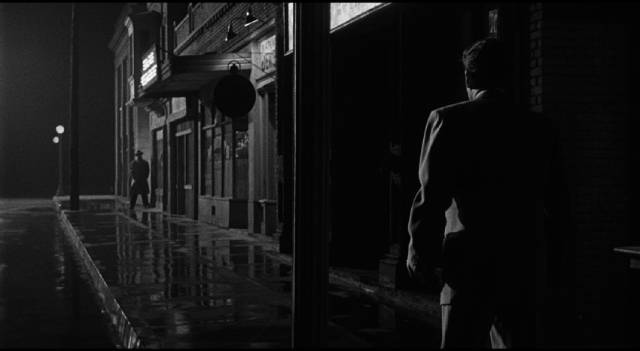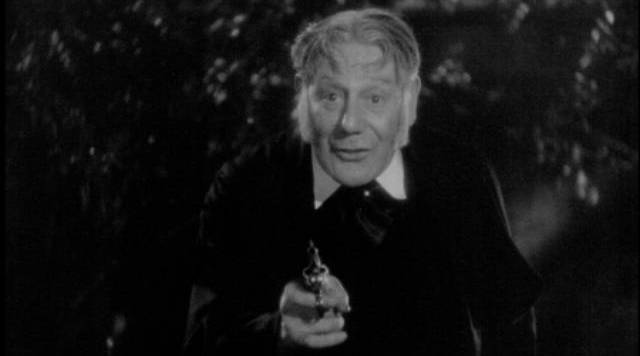
Indicator closed 2023 with one of their finest offerings yet – a four-disk, eight film box set of blood-and-thunder melodramas produced, and mostly directed, by George King and starring the inimitable Tod Slaughter as a roster of heinous villains portrayed with gleeful enthusiasm by an actor who devoted his long career to preserving an art form incubated on Victorian stages and largely fallen out of favour by the time these films preserved it with such relish. With striking restorations, mostly from original nitrate negatives, supplemented with commentaries, interviews and Slaughter-related ephemera, this is definitely the highlight of the past year.
